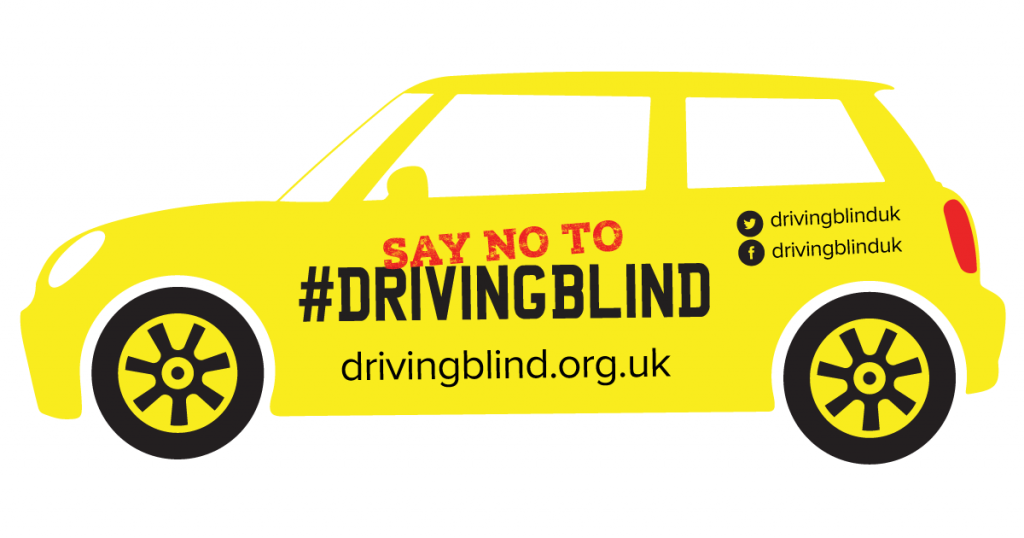New Driving Blind campaign
 A new national campaign to stop UK motorists ‘driving blind’ is being launched by Essilor Ltd, with support from the Association of Optometrists (AOP), Association of British Dispensing Opticians (ABDO), independent opticians, MPs and activists.
A new national campaign to stop UK motorists ‘driving blind’ is being launched by Essilor Ltd, with support from the Association of Optometrists (AOP), Association of British Dispensing Opticians (ABDO), independent opticians, MPs and activists.
The Driving Blind Campaign is petitioning the Government to take direct action to cut road accidents caused by drivers with defective vision.
Optical professionals are being asked to support the www.drivingblind.org.uk campaign by signing the petition and promoting it to colleagues, patients and MPs.
Campaign spokesman Nigel Corbett from Essilor will present a manifesto for new legislation that requires drivers to have their sight tested by an optometrist before their driving test and at every subsequent licence renewal application.
“The UK allows most new drivers to control a fast moving ton of metal, when the only assessment of their visual capacity is a basic vision test conducted by a non-medically qualified driving test centre worker, which only considers the driver’s ability to read a number plate at a distance of 20 metres,” said Corbett.
“In theory, they can then drive for the rest of their lives without ever having to prove their vision is fit for purpose. We need drivers to provide evidence from an optometrist that their eyes are roadworthy before they get their licence and then at regular intervals over their driving career.”
Drivers’ vision standards shown on the gov.uk website state the required levels of visual acuity measured by a ‘Snellen scale’ adding the required ‘field of vision’ which ‘can be tested by opticians’, Corbett said. “This is not enough. Tests must be mandatory, and done by an optometrist to ensure professional rigour. We know sight worsens with age yet we allow people to self-assess their eyes are fit to drive.”
Corbett will present his Road Safety Starts with Good Vision Manifesto in the House of Commons. It requires new drivers to have a sight test, with an optometrist, with follow-up tests every decade up to the age of 70, then every three years. It calls for test results to be supplied with licence renewal paperwork.
Corbett said in its current form, the Government is failing to meet its own regulatory requirements. The road-safety figures, he adds, make sobering reading.
It has been estimated that there are 3,000 casualties on UK roads every year where poor vision is a key factor according to the RSA, which Corbett said “is likely to be the tip of the iceberg as many drivers will not admit their poor vision caused an accident due to the potential consequences.”
Figures obtained from the DVLA indicate that nearly 50,000 motorists had their licence revoked or refused in the period from 2012 to 2016 due to poor vision.